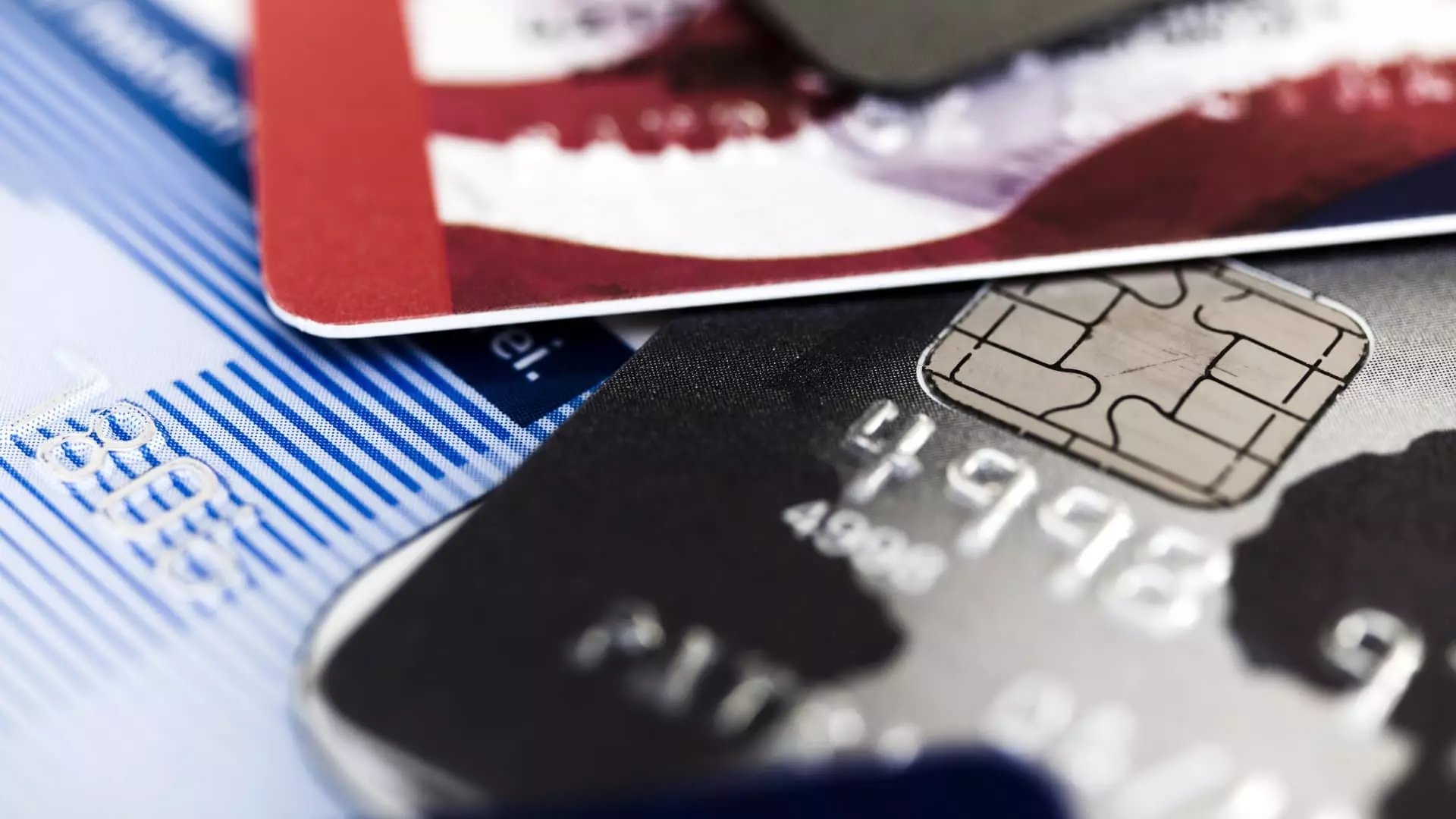The Consumer Financial Protection Bureau has introduced a new regulation aimed at reducing late fees on credit cards, but the implementation of this rule is facing significant opposition from the U.S. Chamber of Commerce and the card industry. This legal battle has been playing out in federal courts, with the outcome potentially impacting millions of Americans who use credit cards.
Led by the U.S. Chamber of Commerce, the card industry filed a lawsuit against the CFPB in an attempt to prevent the new regulation from taking effect. The lawsuit has moved between venues in Texas and Washington, D.C., and is now awaiting a decision from a judge in the Northern District of Texas. The industry is seeking a freeze on the rule, which would limit late fees to $8 per incident, significantly lower than the current average of $32 per incident.
The implementation of the CFPB regulation is part of President Joe Biden’s efforts to combat what he calls “junk fees” associated with credit cards. According to CFPB Director Rohit Chopra, American families could save up to $10 billion per year if the regulation is enforced. However, the card industry argues that the rule would redistribute costs unfairly and harm consumers who pay their bills on time. Card issuers like Capital One and Synchrony are already considering ways to offset the potential revenue loss from the new regulation, such as raising interest rates or introducing new fees.
There is speculation that the U.S. Chamber of Commerce is likely to succeed in delaying the implementation of the regulation, either through the Northern District of Texas or the 5th Circuit Court of Appeals. A preliminary injunction could postpone the rule indefinitely, leading to a prolonged legal battle between the industry and the CFPB. The outcome of this lawsuit could have far-reaching consequences for credit card users and financial institutions alike.
The battle over credit card late fees regulation is a complex and contentious issue that has divided stakeholders on both sides. While the CFPB aims to protect consumers from exorbitant fees, the card industry is concerned about the financial impact of the new rule. As the legal proceedings continue, it remains to be seen how this dispute will ultimately be resolved and what the consequences will be for credit card users across the country.


Leave a Reply